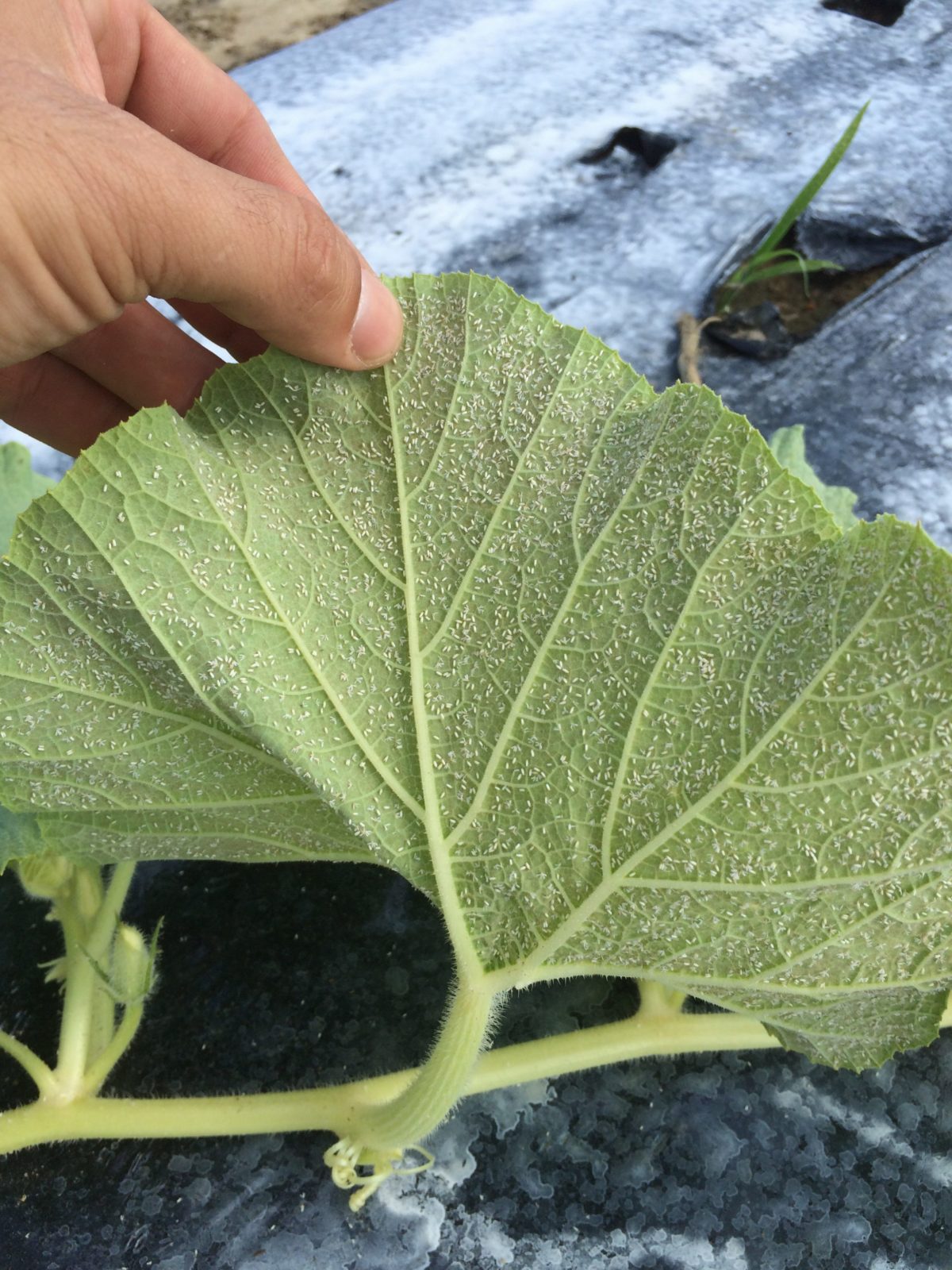By Clint Thompson The University of Georgia (UGA) pecan team is emphasizing scab disease management, since June and July are critical times for disease control. According to UGA Extension pecan blog, plant pathologist Jason Brock’s recommendations are based on Extension plant pathologist Tim Brenneman’s research regarding scab disease: With Desirable or any variety with similar scab susceptibility, a rotation of …
Blueberry Farmer: It Was Really Like Salt in the Wound
Florida Producer Sounds Off on Lack of Category 1 Status in CFAP By Clint Thompson While the blueberry industry was surprised as to how it was not eligible for Category 1 status in the Coronavirus Food Assistance Program (CFAP), one Florida grower remains equally as dumbfounded. “I was shocked when it came out. I was literally like, jaw on the …
Was Your Crop Not Eligible for the Coronavirus Food Assistance Program?
United States Department of Agriculture Was your crop not eligible for the Coronavirus Food Assistance Program (CFAP), or COVID-19? There is still a chance to try to get that crop on the list of eligible commodities. (Stephanie Ho and Latrice Hill, FSA Director of Outreach) Sponsored ContentNew Syngenta Varieties Offer Grower SolutionsFebruary 1, 2026Attribute® II Technology Adds More Flexibility and …
Farmers Need CFAP Funds as Quickly as Possible
By Clint Thompson U.S. Secretary of Ag Sonny Perdue understands the quick turnaround needed for farmers looking to benefit from the Coronavirus Food Assistance Program (CFAP). Especially for those producers in Florida. Some are already thinking about next season and need CFAP funds in place to proceed accordingly. “Cash flow’s critical. When this food service industry stopped, it just stopped. …
Florida Orange Production and Latest U.S. Estimates
The nation’s orange production season is winding down and Florida’s production is almost finished. Thursday, the U.S. Department of Agriculture’s National Agricultural Statistics Service (NASS) issued its June forecast, which showed a decrease in the Florida citrus crop. Rod Bain has a story looking at the production estimates for the crop nearing the final totals for the marketing year. Click …
Recent Rains Could Lead to Spike in Pecan Scab Disease
By Clint Thompson Scab disease of pecans has been light so far this year. But could soon change with the recent rain events in the Southeast, says Lenny Wells, University of Georgia Cooperative Extension pecan specialist. “Scab so far has been light, but we’ve had some pretty scabby weather the last week or so. We’ll see, but I think everybody …
Exposure Risk Among Agriculture Workers and Employers
Rick Zapata/Alabama Extension News No evidence indicates that livestock, crops, or products handled by workers involved in production agriculture are sources of COVID-19 infection. However, close contact with coworkers may contribute to spreading the virus. The Centers for Disease Control and Prevention (CDC) and the US Department of Labor have provided guidance and recommendations for agriculture owners and operators. Agriculture …
UGA Entomologist: Potential Is There for Whitefly Outbreak
By Clint Thompson It is too early to say if this year’s whitefly impact on vegetables and cotton will rival 2017. But University of Georgia (UGA) Cooperative Extension vegetable entomologist Stormy Sparks insists the potential is there. Sparks estimates that the whitefly population is about the same as a month ago. There have been some reports of populations existing primarily …
Sunbelt Field Day Set For July 23
By Clint Thompson The Sunbelt Ag Expo’s annual field day on July 23 will have a different look this year. Due to the coronavirus pandemic and the strict rules regarding social distancing, this year’s event will feature a drive-thru component for attendees, said Chip Blalock, executive director of the Sunbelt Ag Expo. “Our field day will go on as planned …
Participation Encouraged in COVID-19 Ag Impact Survey
Posted by Brittney Kimber AUBURN UNIVERSITY, Ala. – COVID-19 impacted the agricultural industry. However, the full extent of the impact is currently unknown. Professionals with the Alabama Cooperative Extension System and Auburn University’s College of Agriculture are working to better understand these impacts. A study is currently underway to assess the effects that COVID-19 is having on Alabama’s agricultural economy …











